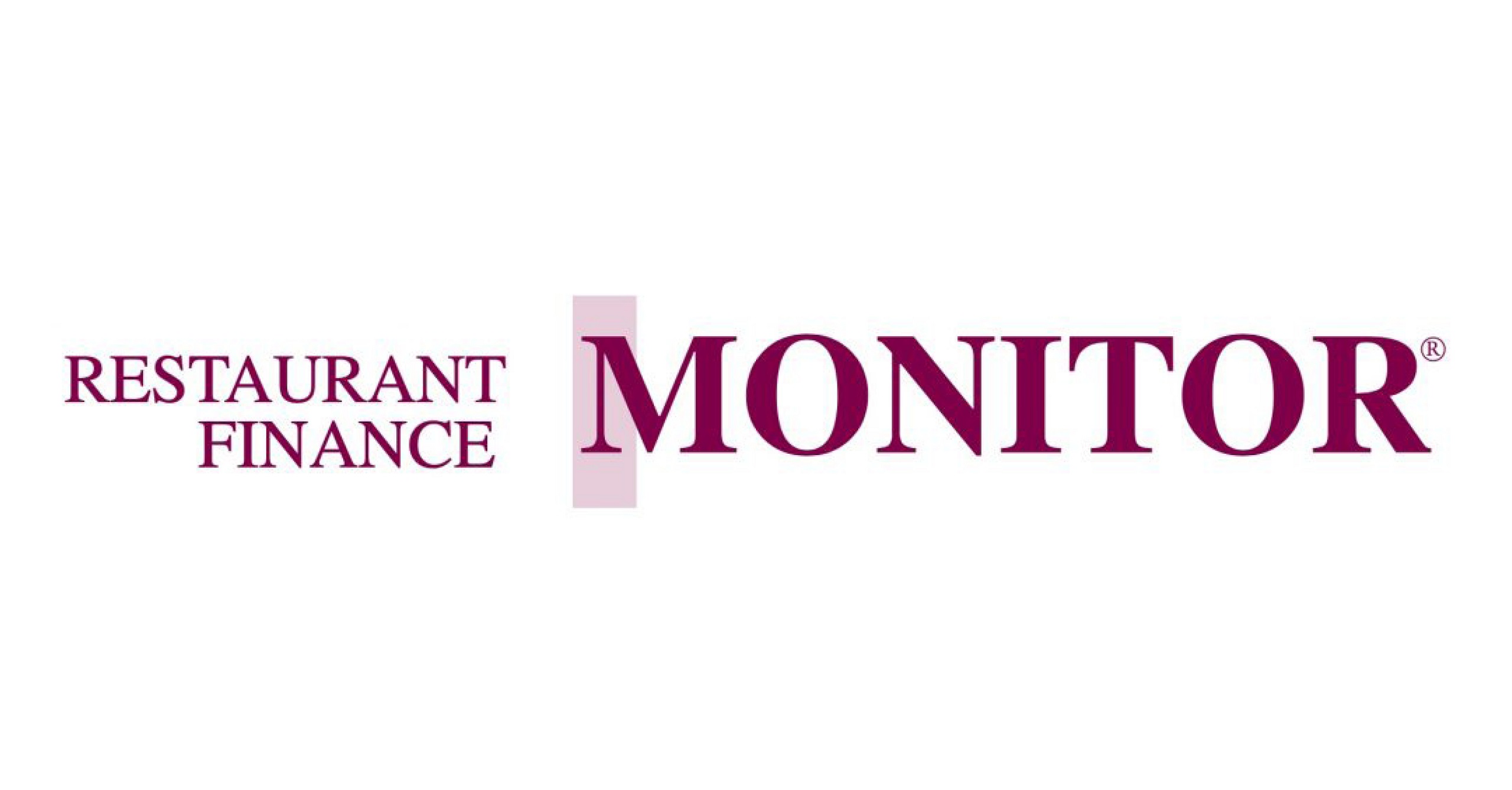Last month I suggested you should keep all your intellectual property (IP) in a separate entity. The primary reason is asset protection, but it also gives you flexibility as to taxable income as well as a source of additional revenue, and options on the exit of your business.
For franchisees, the question is, “What intellectual property do I own?” You may not have a lot of IP, but you have developed some proprietary processes and procedures which have value. If you’re not a franchisee, you have your business and trade names. There are creative ideas you can employ, even if only one or two restaurants are involved. Recently, I saw a monetization effort to sell the name and recipes of a small group of closed restaurants. I have also witnessed legacy-type restaurants that have a name worth more than the restaurant operations. Make sure you’re taking advantage of every legal protection you can as it relates to your IP.
Tax savings with your IP
Your intellectual property (IP) can become a valuable asset through a licensing agreement, generating significant income for the licensor (owner) while also creating a deductible expense for the licensee (operator). One tax strategy we have implemented involves an LLC whose owners reside in a low- or no-income tax state, such as Florida. In this arrangement, the LLC owners act as licensors, and the operating entity—located in a high-tax state like California—serves as the licensee and is able to deduct the license payments for tax purposes. If the high-tax state has a 12% rate, the low-tax state has no income tax and the license royalty payment is $1 million, then you save $120,000 in tax. There are some key caveats: Your royalty rate needs to be at market, and payments are usually treated on a cash basis, not accrual.
Protection of Your Intellectual Property
It’s important to always examine whatever you think is true intellectual property and make sure you’re taking all the steps necessary for protection with The United States Patent and Trademark Office (USPTO). Don’t try to do this yourself; hire a skilled IP lawyer. They’ll also make sure you’re taking advantage of all of your potential IP.
Protecting the use of your name for the operating entity can be helpful. Forming an entity in a state doesn’t give you broad protection; it only gives you the right to use it as a legal name for the entity formed in the state. Filing an assumed name gives you some further state protection for another name in that state.
If you don’t file with USPTO and you have a name and/or other potential tradenames or IP associated with a location and there were no national filings prior to your initial use at that location, all is not lost: You may have acquired common law rights. These rights are specific to your trade area and do provide some protection. You always want to attempt to get protection through the filing. If you come up with a unique burger name or ice cream flavor, be sure to file with the USPTO.
Monetizing your IP
Often restaurants end up closing their doors, but still garnered a local following. If the IP has been protected and is clearly owned by separate entities, you are able to sell or license it. In many cases, people buy closed restaurant names. We recently saw Chi-Chi’s being resurrected, Steak and Ale and Bennigan’s are now ongoing viable concepts with the use of historic names and nostalgic fans. Most likely, you won’t get top dollar for just the name, but you can charge a licensing fee and keep the name so you can license it in the future for other uses. These licenses can take many forms. They can be based on an upfront fee, based on a percentage of revenue, or on a monthly charge. They can be exclusive or non-exclusive. Options to purchase the IP are possibilities if the name or IP is valuable. You do have to be careful not to come under the franchise laws.
A bank problem
One final problem occurs when banks make a loan with a UCC filing against all your assets, including intangibles. This can occur when the bank believes the IP is subject to their lien. And compared to other creditors, they might be right. But that doesn’t mean their interest is perfected; it could be licensed or sold. This is something you don’t want to have to deal with, so exclude your IP from your bank’s definition of intangibles.
Unlimited options
There are unlimited options for the use of your IP, and it can create diverse revenue streams. Here are four areas that we discussed:
1. Protect your IP.
2. Look at how you can monetize it through licenses or other revenue streams.
3. Use it to save on taxes, mostly state.
4. Remember it can be an asset that continues to create value and that can be sold separately.
All assets should be protected, but with the rise of AI and the importance of technology to restaurants, it makes sense to be smart about your intellectual property.
From the April 2025 issue of Restaurant Finance Monitor
Author
-

Co-founder and chairman of Monroe Moxness Berg PA, Dennis is a pioneer in corporate financing with a broad network of finance contacts and clients. He assists businesses, from emerging companies to multinational firms, by providing creative ideas, identifying unique financing sources, and developing the financial tools necessary for their growth and development.
